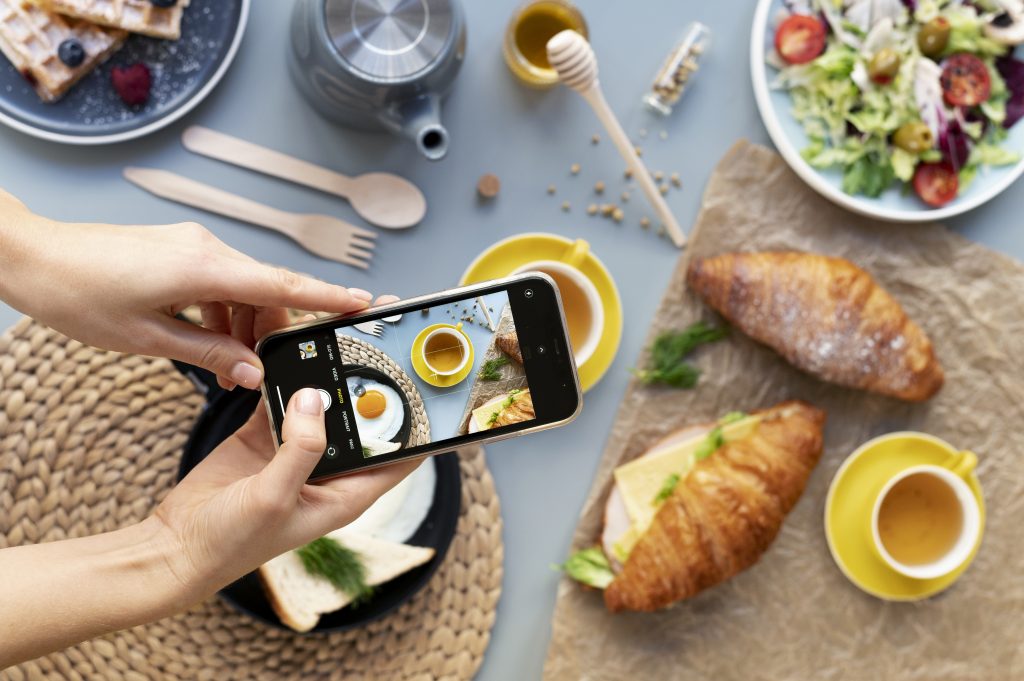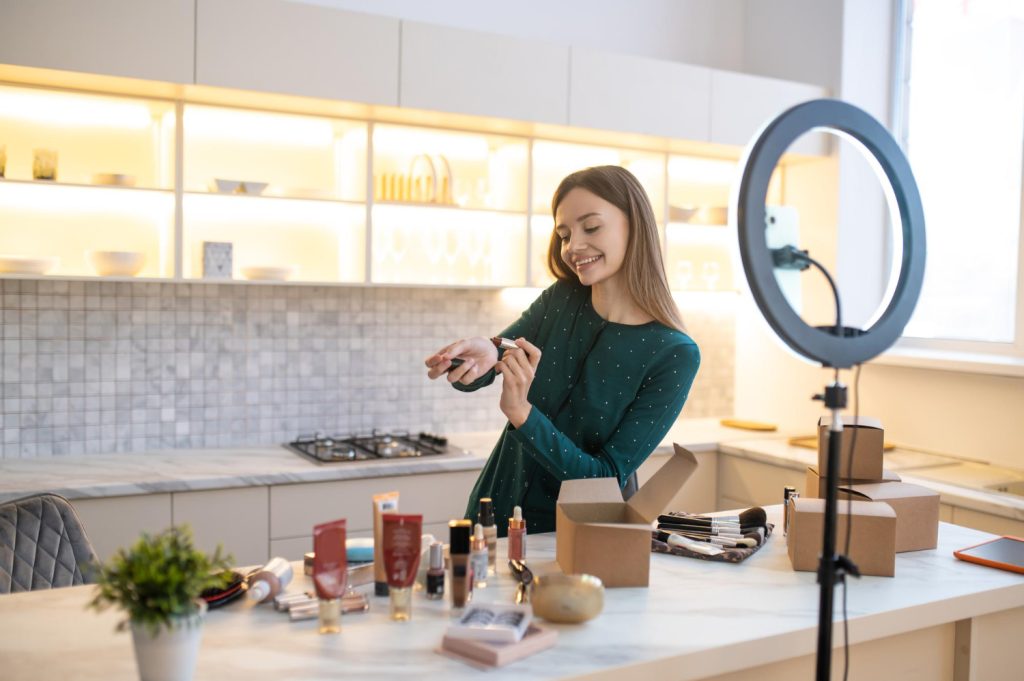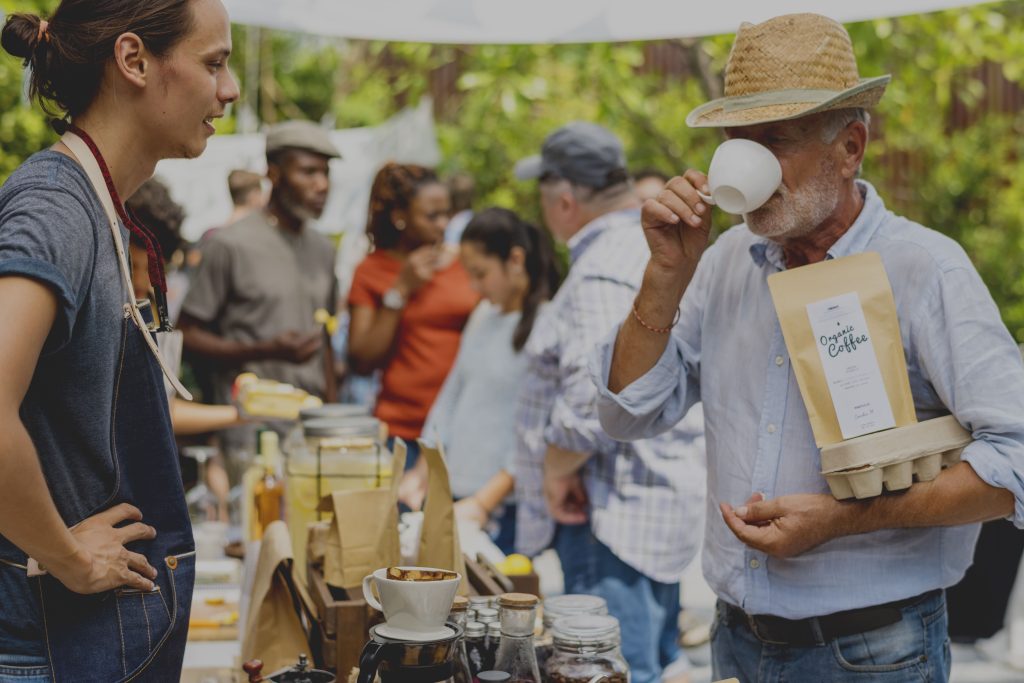The food and beverage industry in the UK is dynamic and highly competitive, especially in major cities like London, Manchester, and Edinburgh. To stand out, businesses must adopt effective marketing strategies backed by real data. Here, we explore key strategies and provide statistical insights to help your food and beverage business thrive.
The Importance of Digital Marketing in Food and Beverage
Digital marketing has become a cornerstone for success in the food and beverage industry. According to Statista, the UK’s online food delivery market was valued at approximately £8.5 billion in 2020, reflecting a significant increase due to changing consumer habits. This trend underscores the necessity for a robust online presence.
Leveraging Local SEO
Optimizing for local search is crucial for attracting customers searching for dining options. A survey by BrightLocal found that 93% of consumers use the internet to find local businesses, and 87% read online reviews. Ensuring your restaurant or café is listed on Google My Business, TripAdvisor, and other local directories can significantly boost visibility. For instance, using keywords like “best brunch in Shoreditch” or “top vegan restaurant in Edinburgh” can attract targeted traffic.
Social Media Engagement
Social media platforms are vital for engaging with your audience. According to Hootsuite’s Digital 2021 report, 53 million people in the UK use social media, spending an average of 1 hour and 49 minutes per day on these platforms. Regularly posting high-quality images, videos of your dishes, and interactive content like polls and Q&A sessions can enhance customer engagement and loyalty.
Content Marketing with a Local Focus
Creating content that resonates with your local audience can drive traffic and build credibility. HubSpot’s research shows that businesses that prioritize blogging are 13 times more likely to see positive ROI. Share articles and videos about local food trends, recipes, and behind-the-scenes looks at your establishment. Highlighting your use of local ingredients and partnerships with local producers can also appeal to ethically-minded consumers.

The Power of Online Reviews
Online reviews are a significant factor in attracting new customers. TripAdvisor reports that 81% of travelers always or often read reviews before choosing where to eat. Encourage satisfied customers to leave positive reviews and respond to them promptly. Displaying these reviews on your website and social media profiles can build trust and influence potential customers’ decisions.
Case Study: Dishoom, London
Dishoom, a popular restaurant in London, effectively uses data-driven marketing strategies. By leveraging local SEO, they rank highly in search results for Indian cuisine in London. Their engaging social media presence features user-generated content, interactive campaigns, and storytelling about their dishes and cultural heritage. This approach has helped them build a loyal customer base and attract new diners.
The Impact of Influencer Marketing
Collaborating with local food influencers can amplify your reach. According to a study by Influencer Marketing Hub, businesses earn an average of £5.20 for every £1 spent on influencer marketing. Partnering with influencers who have a strong following in your city can provide authentic endorsements and attract new customers. Host influencer events or offer them exclusive tasting sessions to generate buzz.

Effective marketing strategies are essential for food and beverage businesses in the UK’s major cities to stand out in a competitive market. By leveraging digital marketing, local SEO, social media engagement, content marketing, online reviews, and influencer collaborations, businesses can attract and retain customers successfully. Real data and statistics from reputable UK sources highlight the importance of these strategies in enhancing visibility and sales.
Sources
- Statista, UK Online Food Delivery Market, 2020
- BrightLocal, Local Consumer Review Survey, 2020
- Hootsuite, Digital 2021 Report
- HubSpot, Blogging Statistics, 2020
- TripAdvisor, Travel Review Statistics, 2020
- Influencer Marketing Hub, Influencer Marketing Study, 2020





